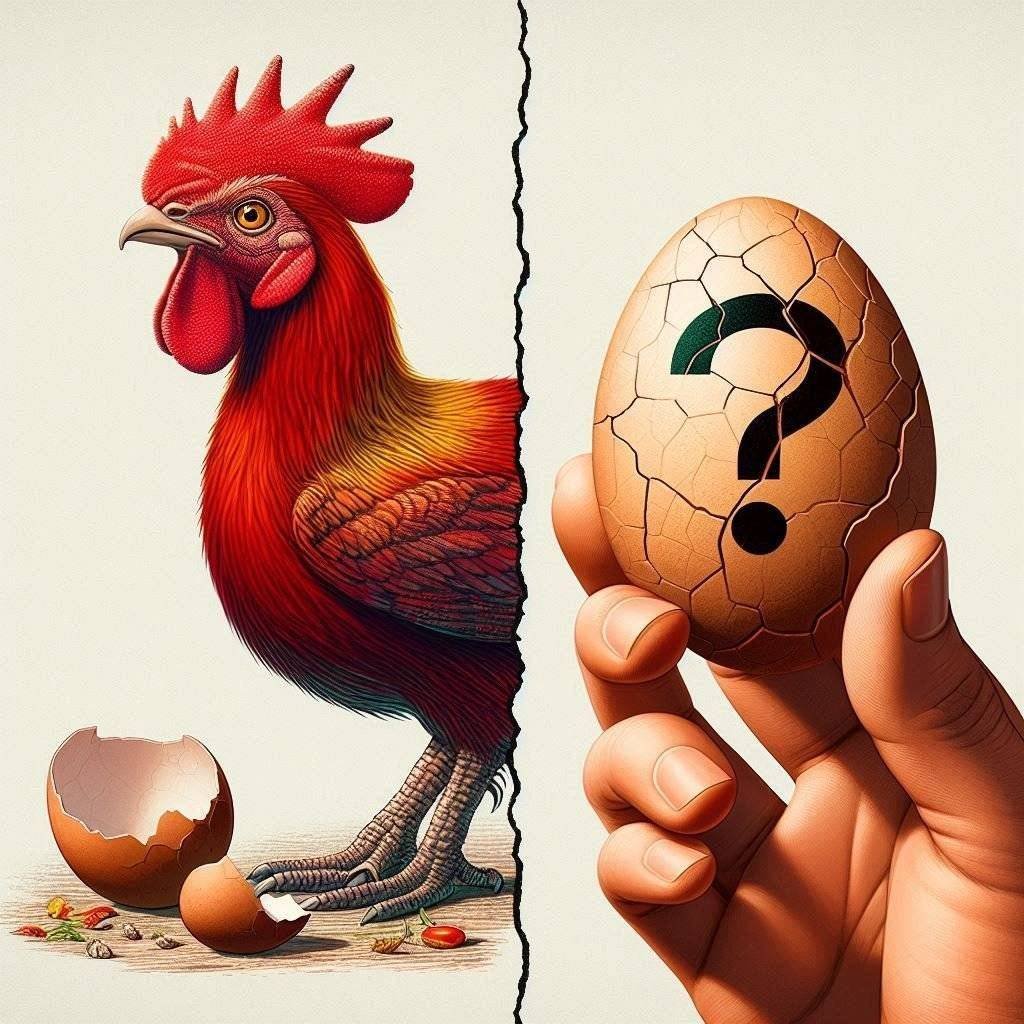The Sorites Paradox, also known as the paradox of the heap, is a classic thought experiment that challenges our understanding of vague predicates – words or phrases that lack a clear-cut definition. It throws a philosophical wrench into our everyday notions of categories and boundaries, particularly when dealing with gradual change.
The Paradox Explained:
Imagine a pile of sand. Here’s the challenge:
- Premise 1: One grain of sand alone does not constitute a heap.
- Agreement: Everyone can likely agree that a single grain is not a heap.
- Gradual Change: Now, imagine removing one grain from a heap. Would the remaining sand still be considered a heap?
- Consequence: Most people would say yes.
- The Repetition: If removing one grain doesn’t change the status of a heap, what about removing another and another? At what point does the remaining sand cease to be a heap?
- The Paradox: The paradox lies in the seemingly impossible task of identifying the exact number of grains that define the transition from a heap to a non-heap.
The Challenge of Vague Predicates:
The Sorites Paradox highlights the problem of vague predicates:
- Gradual Transitions: Many concepts, like “tall,” “hot,” or “heap,” lack sharp boundaries and exhibit gradual transitions.
- Fuzzy Categories: The Sorites Paradox exposes the fuzziness of categories, where there’s no clear-cut line separating members from non-members.
- The Importance of Context: What constitutes a “heap” might depend on context. A small pile of sand on the beach might be considered a heap, while the same amount on a construction site might not.
Philosophical Responses to the Paradox:
Philosophers have offered various solutions to the Sorites Paradox:
- Sharp Cutoff: Perhaps there is, after all, a sharp cutoff point between a heap and a non-heap, even if we can’t readily identify it.
- Fuzzy Boundaries: Another view suggests that categories can have fuzzy boundaries, where membership gradually changes as the number of grains increases or decreases.
- Vagueness Does Not Equal Falsity: Some argue that the paradox doesn’t invalidate the concept of “heap.” The term can remain useful even with its fuzzy boundaries.
Beyond Philosophy: Real-World Applications
The Sorites Paradox has applications beyond philosophical discussions:
- Artificial Intelligence (AI): Training AI algorithms to deal with vague concepts and make decisions in situations with fuzzy boundaries is an ongoing challenge.
- Legal Systems: Legal concepts like “reasonable doubt” or “cruel and unusual punishment” are inherently vague, requiring careful consideration and interpretation.
- Everyday Life: We constantly encounter vague concepts. Is a 3-year-old “tall”? Is a room temperature of 70 degrees “hot”? The Sorites Paradox reminds us of the limitations of language and the need for context.
The Paradox as a Tool for Critical Thinking:
The Sorites Paradox, though seemingly frustrating, serves as a valuable tool for critical thinking:
- Questioning Definitions: It prompts us to question the definitions of concepts and acknowledge the limitations of language in representing fuzzy boundaries.
- Examining Gradual Change: The paradox encourages us to consider how gradual changes can lead to significant transitions, even if the exact point of change is unclear.
- Developing Reasoning Skills: By examining the different solutions to the paradox, we refine our reasoning skills and grapple with complex philosophical issues.
Beyond the Paradox: Embracing Fuzziness
The Sorites Paradox may not offer a definitive answer to the question of the heap, but it serves as a reminder of the inherent fuzziness of language and the world around us. Vague concepts don’t necessarily render our understanding useless. We can acknowledge the limitations of categories and boundaries while still utilizing them effectively in everyday life.



